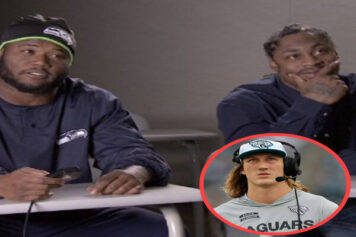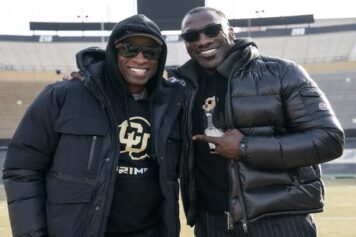Dr. Martin Luther King, Jr. is the first descendant of African slaves in America to be immortalized.
Through the years his name has been misrepresented by a multitude of institutions, in a number of ways. For me and many of my contemporaries, the very idea of nonviolent protest was an affront to rational thinking back in the day. I recall those Black History Month assemblies at Monument Elementary School in Trenton, New Jersey watching old black and white footage of marchers being brutalized by police dogs, sit-in participants at segregated eateries being showered with food and debris by angry white patrons, news reels of police in riot gear beating elderly black women and small children with ferocity and zeal.
It is pretty fair to say that I was repulsed by nonviolent protest.
Ironically, we babies born in the aftermath of inner city riots that erupted across the nation when MLK was killed grew up believing his sacrifice was for nothing. As children often do, said generation could only see the enormity of his accomplishments from the confines of our own myopia. But through that tiny peephole we could only see so much.
Martin Luther King, Jr said on several occasions that his protest strategy was inspired by Mahatma Gandhi and his fight to loosen the colonial grip of Great Britain on India. Once called the Jewel of the British Empire, India now stands as a world power independent of its former masters.
Back in 1983, as we watched Stevie Wonder organize a march on Washington, DC for national recognition of a Martin Luther King, Jr. Holiday, we had no idea of the importance.
What was lost on those of us who grew up in the rubble-strewn battlefields of northern urban decay was the bravery MLK inspired in his followers, and the intended responses of nonviolent protest that were elicited from a callous society.
The bravery component was anchored in religious faith as well as faith in the earthly leadership and guidance provided by King himself. The ability to inspire throngs of men, women and children to participate in exercising their Constitutional Rights in the face of southern terrorism and the constant threat of violence and death cannot be overstated. This is doubly apparent when measured against the philosophy of nonviolent protest itself.
“Nonviolence does not seek to defeat or humiliate the opponent but to win friendship and understanding,” King taught. “The nonviolent resister must often express his protest through noncooperation or boycotts, but he realizes that these are not ends themselves; they are merely means to awaken a sense of moral shame in the opponent. … The aftermath of nonviolence is the creation of the beloved community, while the aftermath of violence is tragic bitterness.”
According to Dr. Kings philosophy, the abuse suffered by his followers was necessary and an end to a means. That being the recognition by state, federal and local municipalities as to the rights and humanity of people of African descent in America.

Witnessing the current sociopolitical environment in which protesters and activists toil to get black males removed from the endangered species list, we find more resistance to the ideas of brotherly love, compassion and empathy than ever. It is during these times that I am reminded of the significance of what he accomplished and the need for him to be canonized in American history.
Because, boy-o-boy could we use some brotherly love, compassion and empathy right about now. Happy Government-Recognized Birthday Dr. Martin Luther King, Jr.



